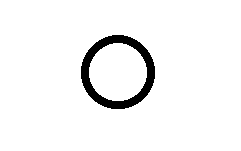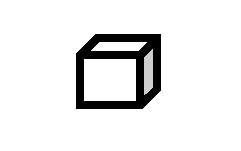Used to something
They say you can get used to anything.
The use of used to do something is explained here. However, used to has another meaning, it can be used as an adjective and we use it to talk about things that have become familiar, and are no longer strange or new.
Used to usually comes after verbs such as be, get or become.
- After a while you get used to the noise.
- She will become used to the smell.
- I was used to the web site.
You can also say that someone is used to doing something.
- I'll never get used to getting up at six o'clock in the morning.
- It took me a while until I was used to driving on the right-hand side of the road.
POSITIVE | ||
|---|---|---|
| a - e | f - p | q - z |
adaptable
adorable agreeable alert alluring ambitious amusing boundless brave bright calm capable charming cheerful coherent confident cooperative courageous credible cultured dashing dazzling debonair decisive decorous delightful determined diligent discreet dynamic eager efficient enchanting encouraging enduring energetic entertaining enthusiastic excellentexcitable exuberant | fabulous fair faithful fantastic fearless frank friendly funny generous gentle good happy harmonious helpful hilarious honorable impartial industrious instinctive jolly joyous kind kind-hearted knowledgeable likeable lively lovely loving lucky mature modern nice obedient painstaking peaceful perfect placid plausible pleasant plucky productive protective proud punctual | quiet receptive reflective relieved resolute responsible righteous romantic sedate selective self-assured sensitive shrewd silly sincere skilful splendid steadfast stimulating talented thoughtful thrifty tough trustworthy unbiased unusual upbeat vigorous vivacious warm willing wise witty wonderful zany zealous |
.jpg)
.jpg)











